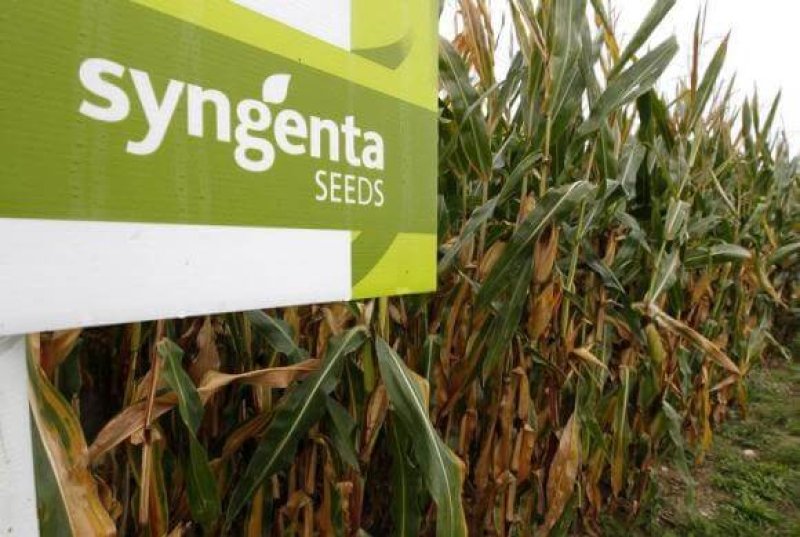The new mega-corporation formed in the proposed deal between Monsanto and Syngenta would be “the world’s largest seed and crop chemical company with more than $30 billion in revenue and control over 35 percent of the world’s seed supply. It would dominate a market that includes other Big Ag players like BASF SE, Bayer AG and Dow Chemical Co,” according to Alternet’s Reynard Loki.
Monsanto first approached on April 30 with a deal worth $45 billion. After Syngenta rejected that offer, both corporations began building advisory teams to prepare for the next round of negotiations, which could begin this week, according to Bloomberg Business. Some of Wall Street’s biggest financial firms are now involved, with Goldman Sachs, UBS and JPMorgan Chase & Co. advising Syngenta, and Morgan Stanley and Centerview Partners consulting with Monsanto. Syngenta’s stock price rose 38 percent after news broke of the potential merger.
Monsanto hopes to fend off anti-trust concerns by selling off Syngenta’s seed business, which represents $3 billion, or 21 percent, of Syngenta’s total annual sales. If the deal goes through, it could trigger other sales and mergers in the agriculture industry.
Loki writes that not only would the deal increase Monsanto’s market share, it would also allow the corporation to pay taxes in Switzerland — a well-known legal tax dodge called corporate inversion.
While the move has investors seeing dollar signs, some farmers and their advocates are far less thrilled. Loki quotes Roger Johnson, president of the National Farmers Union, who expressed his concern: “We are very skeptical that an acquisition of this nature would be in the best interest of America’s family farmers.”
The GLP aggregated and excerpted this blog/article to reflect the diversity of news, opinion and analysis. Read full, original post: Wall Street Wins, Farmers And Consumers Lose In Monsanto-Syngenta Merger































